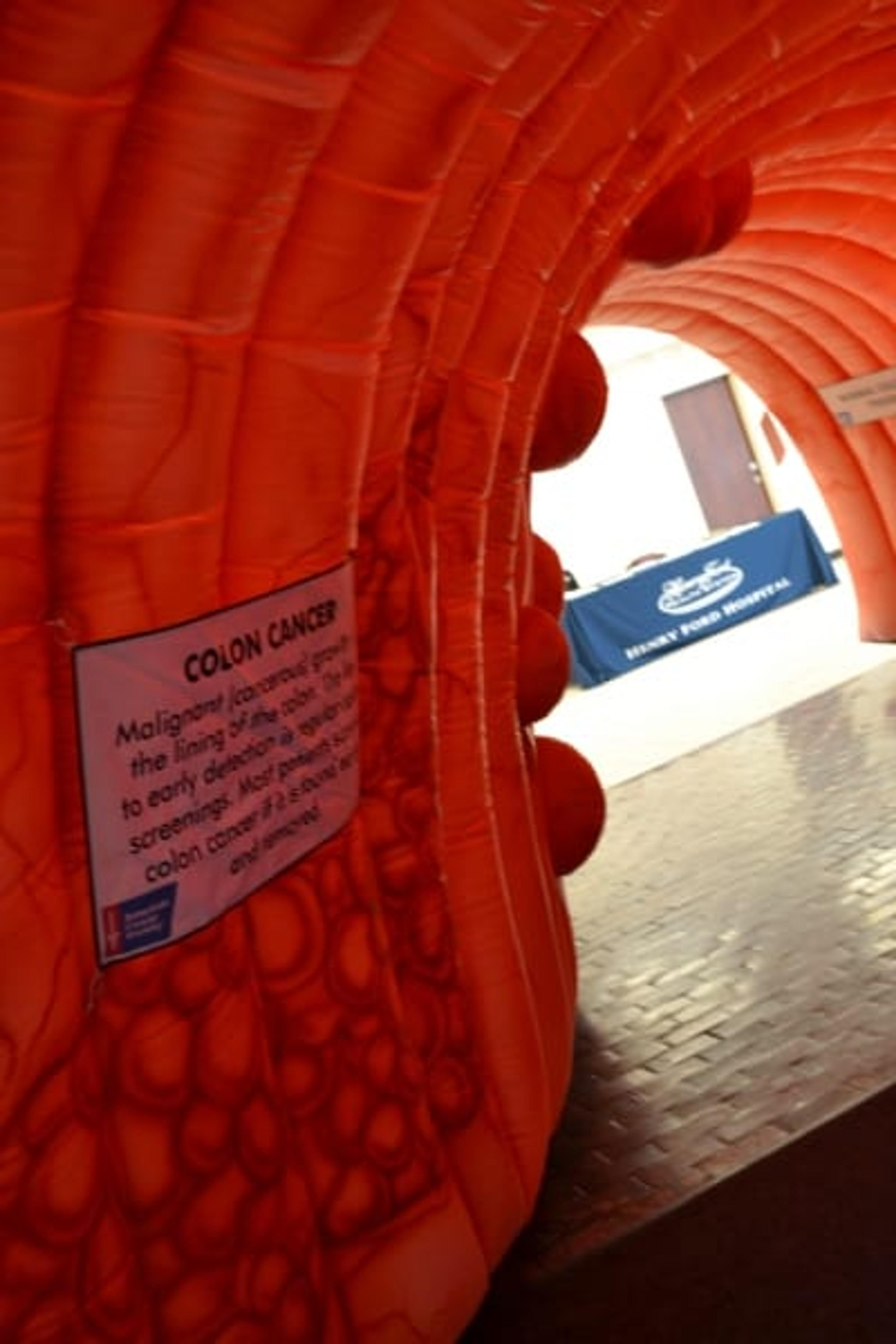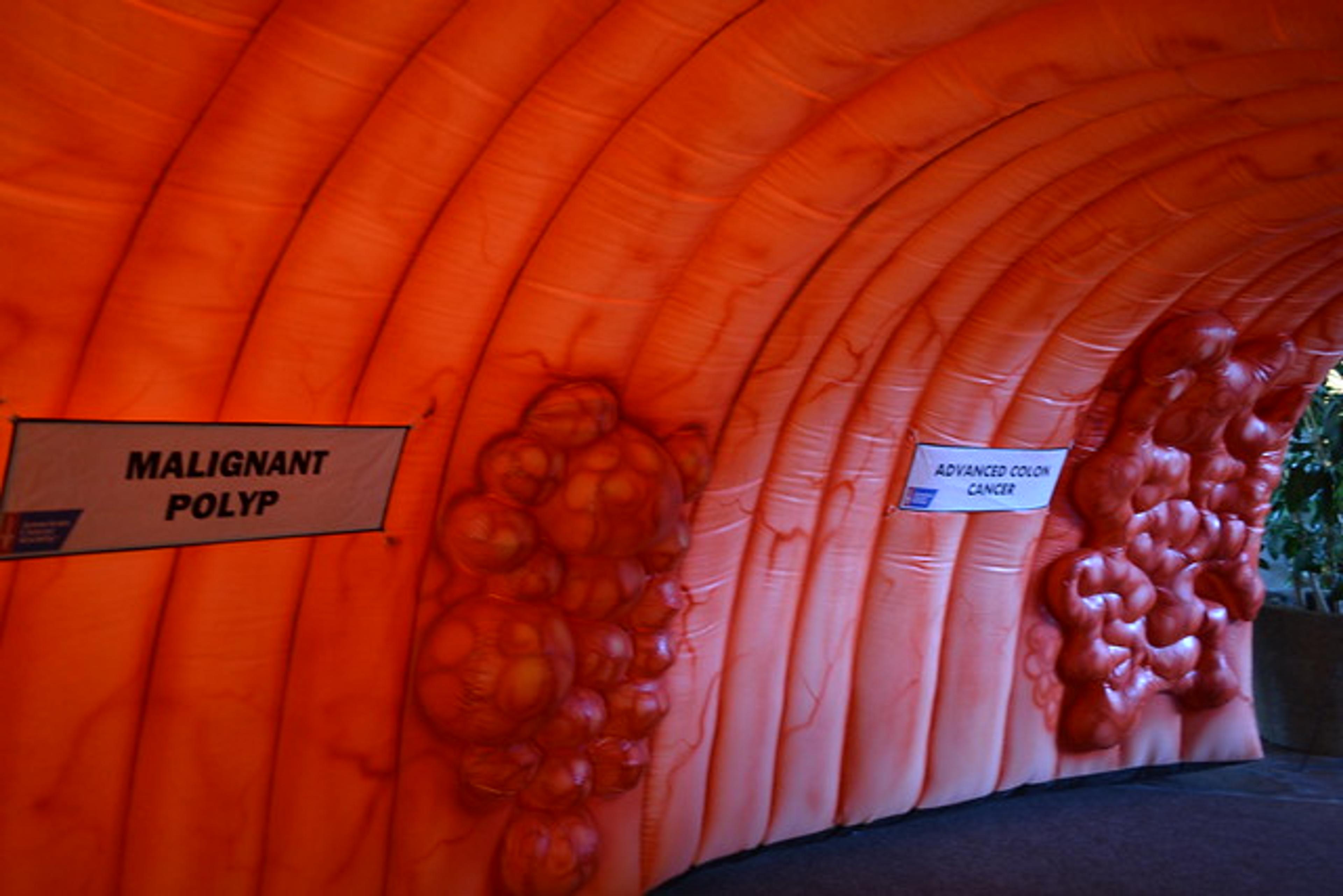The ins and outs of Colorectal Cancer Awareness Month
| 2 min read

This blog post is part of #HealthyMe, a personalized web experience based on your health and wellness goals. To sign up today, visit http://www.ahealthiermichigan.org/healthyme

March is colorectal cancer awareness month and it’s as important as ever to keep your bowels healthy.
Colorectal cancer is the third most common cancer diagnosed in men and women in the U.S. Although the disease can affect anyone, more than 90% of diagnosed patients are over age 40.
It’s recommended that adults get a colonoscopy every 10 years beginning at age 50. If you have a family history of colon or rectal cancer, start even sooner. Whatever age your parent or sibling was diagnosed at, subtract ten years and start your colonoscopy cycle then. Begin at age 50 at the latest.
Colorectal cancer is a complicated disease and can be incredibly difficult to spot. Without having a colonoscopy procedure done, most early signs of colorectal cancer fail to produce symptoms; however commonly viewed signs of colorectal cancer can range from rectal bleeding to extreme weight loss.
The colonoscopy process tends to be a dreaded one but, from prep to procedure, typically only lasts about 24 hours. Doctors suggest that one day of a clear liquid diet is worth a lifetime of clean colorectal health.
There are also several additional resources to help keep your colon healthy. Some simple suggestions to increase colorectal health include:
- Increasing your daily fiber and vitamin D intake.
- Exercising/ increasing bodily blood flow and circulation.
- Drinking water and remaining hydrated.
- Regularly getting a colonoscopy at age 50 and beyond.
- Practicing colon cleansing treatments such as enemas.
Many Michigan health outlets also offer free colorectal cancer screening kits. Ask your physician or local urgent care specialist about where to acquire one if they themselves do not have any.
So this March, sport an official blue colorectal cancer awareness ribbon, schedule a colonoscopy or take a tour of a giant inflatable colon like the exhibit above at Henry Ford Hospital. A simple means of awareness could just save a life.






